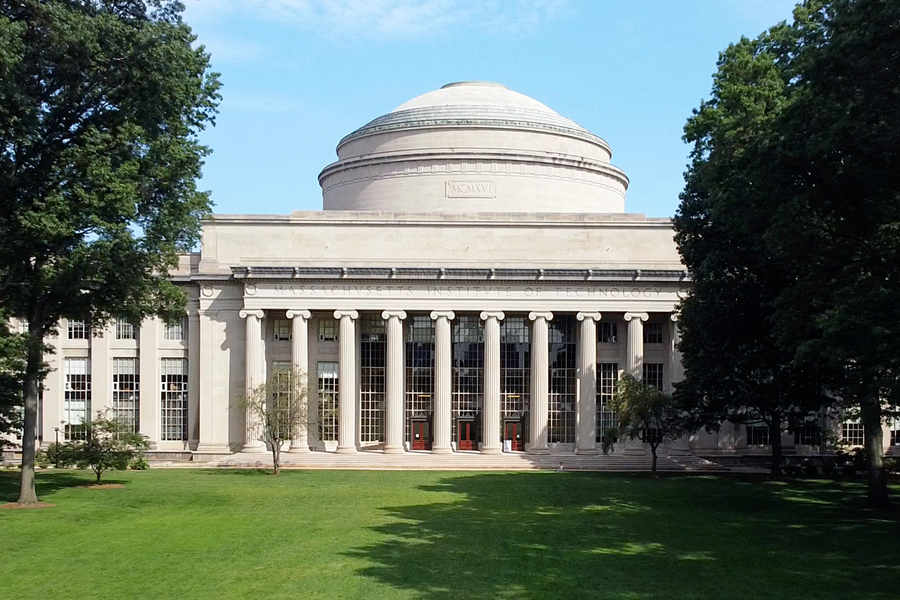The Global Times, the official propaganda outlet of the CCP, deleted a news article titled “Why Has Dao Lang’s Latest Song Become a Phenomenon?” shortly after its publication.
The English version of the Global Times article, published on August 1, praised the recent hit by Chinese pop singer Dao Lang titled “Luocha Haishi.” It adopted a title from a Reddit post that discussed the factors contributing to the song’s popularity.

Following its longstanding tradition and the characteristic nature of Communist propaganda, the Global Times refrained from providing any explanation for this action.
The song by mainland pop musician Dao Lang has taken the internet by storm due to its perceived biting satire on the corrupt underbelly of China’s show business. The unexpected success of the 52-year-old singer’s latest album has turned his reputation around, as his song “Luocha Haishi” emerges as the musical sensation of 2023.
From his album “Folk Song Liaozai,” released on July 19, “Luocha Haishi” has soared to the top of Chinese music app charts, with its hashtag generating a staggering 6.4 billion views on Douyin. The track is a fusion of Chinese folk elements and the classic satirical fantasy, “Liaozhai Zhiyi” by Pu Songling, centering around a businessman’s bizarre adventure in the distant kingdom of Luocha, where ugliness is embraced as beauty.
Accoringb to South China Morning Post, Online commentators have delved into the song’s lyrics, identifying veiled critiques aimed at China’s entertainment industry and society at large. Wei Chunliang, a literature critic with a master’s degree from Nanjing University, decrypted the lyrics to unveil coded satirical jabs at the entertainment elite, likening them to figures like a “chicken,” “donkey,” and a bizarre creature with “two ears and three nostrils.”
Some observers view the song as Dao Lang’s way of settling scores with fellow musicians who previously criticized his music. Chinese singer Na Ying once dismissed his work as “lacking aesthetics” and refused to include him among the Top 10 Influential Chinese Singers in 2010, despite his strong album sales record.
Dao Lang derived his name from the Uyghur word “Dolan,” associated with the ancient Uyghur tribe residing in the Dolan village of Markit county in Kashgar, renowned for their distinct Dolan Muqam, ethnic music, and dance.
Daolan gained popularity following the release of his debut album, “Dao Lang’s CD, 2002年的第一場雪” (The First Snows of 2002), featuring lyrics that highlighted Urumqi and incorporated Uyghur musical instruments.
During that time, he faced criticism from Uyghur musicians for allegedly appropriating Uyghur musical styles and elements without proper attribution.
